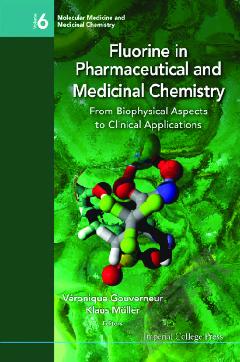Biochemical Modulation: Its Pharmacological Basis and Clinical Applications —— Symposium, Singapore, October 1995. Supplement Issue: Oncology 1997, Vol. 54, Suppl. 1
----- 药理基础与临床应用
Over the last decade the development of new cytotoxic agents, along with their effective integration into combination chemotherapy, has improved survival for many cancer patients. However, survival rates for patients with advanced disease have not been improved, and new therapeutic approaches are being investigated. One of these is the use of biochemical modulation, a strategy employing drugs that favorably alter the interaction of conventional chemotherapeutic agents by enhancing their antineoplastic activity and/or by reducing their side effects. An example of such a modulator is UFT®, a new compound that combines Tegafur and Uracil. The articles included in this special issue explore the pharmacology, clinical efficacy and tolerability of UFT® as a combined cytotoxic and metabolic modulator. It is shown in several studies that the development of UFT® represents an important advance in the treatment of patients with metastatic cancer, whose prognoses and quality of life may be considerably improved by this modulator.
{{comment.content}}








 京公网安备 11010802027623号
京公网安备 11010802027623号